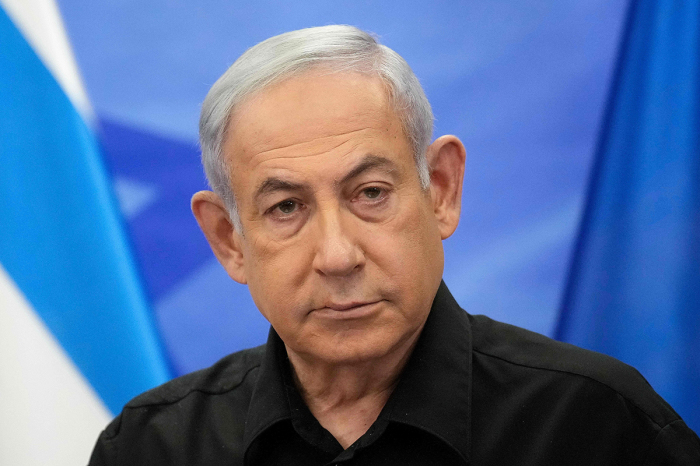Israel strikes Iranian military base in apparent response to missile attack

The Israeli military conducted a strike on Iran Friday, targeting a military air base near Isfahan, marking Israel’s first military response to Iran’s assault last weekend.
The action, though initially limited in scope, drew reactions from global leaders urging de-escalation to prevent a broader regional conflict.
Two Israeli and three Iranian officials confirmed the strike, The New York Times reported.
However, Israel has not publicly claimed responsibility, and the specifics of the missile types used and their exact impacts remain undisclosed.
According to Iranian officials, the attack involved small quadcopters, likely launched from within Iran, a claim substantiated by the lack of detection of any breach in Iranian airspace on Friday.
Hossein Amir Abdollahian, Iran’s foreign minister, while attending United Nations meetings in New York, told Iran’s state news agency that the strike did not result in casualties or significant damage. He criticized the portrayal of the attack by Israel, suggesting a manipulation of the narrative to depict a strategic victory.
The strike at the Eighth Shekari Air Base in Isfahan was significant, targeting a critical component of Iran’s air defense system. Analysis of satellite imagery by The Times revealed damage to the “flap-lid” radar, crucial for tracking incoming targets using the S-300 system.
Amid the rising tensions, a group of House Democrats in the U.S. is rallying opposition against a proposed $26 billion aid package for Israel. They liken the decision to pivotal historical votes like those for the Iraq war, emphasizing the moral implications of continuing support for Israeli military actions, particularly in Gaza.
The situation escalated with Iran’s extensive missile and drone assault on Israel last Saturday, described by Iranian officials as a significant escalation in the long-standing shadow war between the two nations.
The Iranian assault involved a sophisticated deployment of over 300 drones and missiles, described by Israel’s military as a potential escalator to major conflict. Despite the heavy barrage, Israeli defenses intercepted the majority of the projectiles, preventing major damage.
Iran’s stance, articulated by Mahdi Mohammadi, a senior adviser to Iran’s Parliament speaker, is that the limited nature of Israel’s retaliation demonstrates Iran’s successful deterrence strategy.
Mohammadi’s comments via Telegram highlighted that while Israel showcased its operational reach, it also acknowledged the need to temper its military actions, The Times notes.
The White House and U.S. Secretary of State Antony Blinken have maintained a cautious approach, focusing on diplomatic efforts to stabilize the region rather than commenting on the specifics of the military exchanges. At a recent G7 meeting, discussions centered around de-escalation, reflecting a broad international desire to avoid further conflict.
U.S. Secretary of State Antony Blinken said during a press briefing Friday that the U.S. has not been involved in any offensive operations by Israel.
“We’re focused on what the G7 is focused on,” Blinken said. “Reflected in our statement, and in our conversation is our work to de-escalate tensions, to de-escalate from any potential conflict.”




























